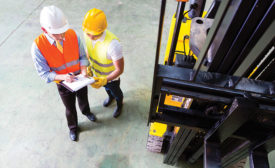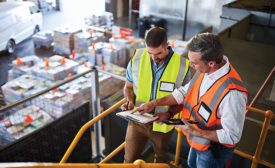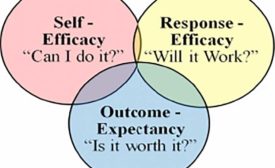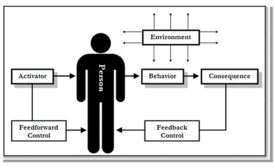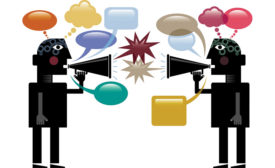Articles by E. Scott Geller
The Human Side of Safety
Broaden your perspective of injury analysis & prevention
September 4, 2019
Critical behavior checklist for effective behavior-based coaching
Assessing exposure, severity & probability
October 8, 2018
Closing Time
What legacy are you leaving?
‘Next-gen’ pros need mentors & coaches
February 26, 2018
Seven life lessons for safety & beyond
Evidence-based principles for improving human well-being
September 20, 2017
Become a Leader in Safety Culture
Build your knowledge with ISHN, covering key safety, health and industrial hygiene news, products, and trends.
JOIN TODAYCopyright ©2025. All Rights Reserved BNP Media.
Design, CMS, Hosting & Web Development :: ePublishing
